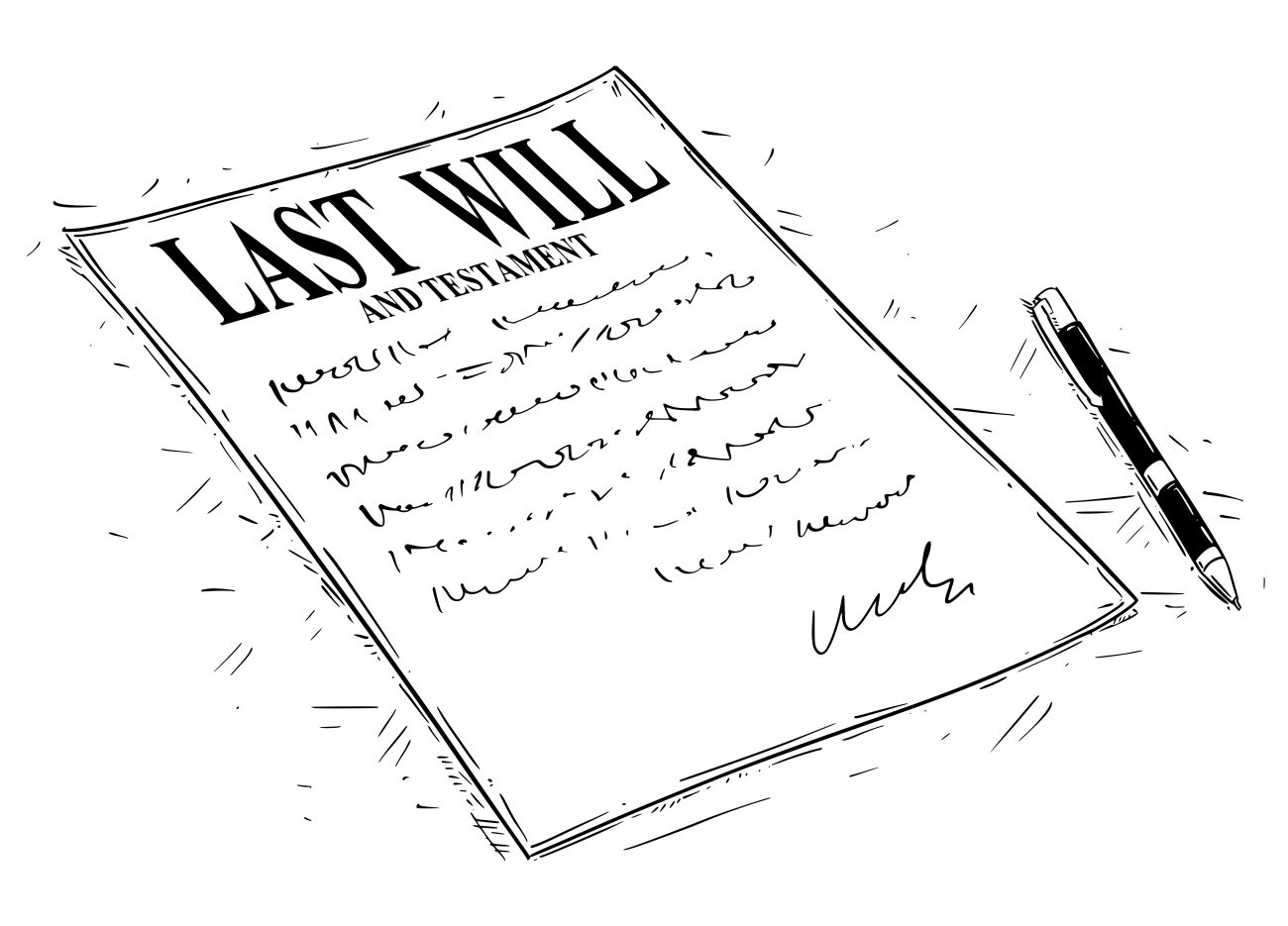Handwritten Wills – what this case tells us about how best to safeguard your wishes
A handwritten Will on two separate pieces of cardboard packaging has been declared valid by the High Court.
This means that the charity, Diabetes UK, can inherit the £180,000 that Malcolm Chenery, who died in 2021, wanted it to have.
However, this outcome was only determined after a stressful legal wrangle highlighting the problems a handwritten Will can cause.
What happened in this handwritten Will case?
Mr Chenery wrote his Will on the back of two food packaging boxes, one had contained Young’s frozen fish fillets and the other Mr Kipling mince pies.
The trouble was, although his wishes were clearly stated in capital letters across two sections of cardboard, the neighbours had witnessed only the signing of the second page.
This meant it could not necessarily be assumed that the two sections formed one document creating a very real risk that Mr Chenery’s Will could be declared invalid.
If it had been declared invalid, Mr Chenery would have died intestate – in effect, without a Will – meaning his estate would have been shared out according to certain set rules and not necessarily how he wanted.
How did the High Court settle this handwritten Will case?
Mr Chenery’s relatives, who revealed there was a family history of diabetes, knew about and supported his wishes to leave his estate to charity and did not contest the claim.
Diabetes UK’s barrister, Sam Chandler, told the court: “The two pages are written in the same pen. That seems to indicate they were made at the same time. There is overlapping subject matter.”
He also said that the court should declare the Will valid as an “intestacy would frustrate the testator’s intentions in light of what the family say about his intentions.”
The judge agreed that Mr Chenery had not intended to die intestate and ruled that his Will, though unconventional, was valid in accordance with the 1837 Wills Act and could be entered into probate.
What issues do handwritten Wills cause?
The biggest problem is that people who scribble their own Wills on the back of an envelope or pieces of card like Mr Chenery, tend to use vague and imprecise language when stating what they want to happen to their estate.
As a result, confusion and ambiguity often arise as the Will - lacking precise legal terminology - is left open to different interpretations.
In England and Wales, although it is perfectly possible for a handwritten Will to be considered legally valid, it must be properly drafted and executed in accordance with Section 9 of the Wills Act 1837 to qualify.
This means it must be signed by the testator (the person making the Will) and overseen by two witnesses who sign it with the testator present.
If it isn’t correctly witnessed or signed, then it won’t be seen as valid in the eyes of the law.
The person making the Will must also have the mental capacity to understand what they are doing.
One case we reported Handwritten, smudged and confusing - but still a Will worthy of interpretation shows just how far the courts will go, using evidence to establish intention, to ascertain a testator's wishes and ensure an interpretation of the Will which will allow those wishes to be honoured.
What are the benefits of a properly drawn and legally valid Will?
A correctly drawn Will is an inexpensive way of avoiding difficulties for your relatives and friends in the future in the event of your death. It puts you in control of the final destination of your estate.
It’s also far cheaper and less stressful for your relatives than having to battle things out in court.
Taking specialist legal advice at the time of making the Will can help prevent the problems that can arise with homemade, handwritten Wills and for that matter, with DIY wills. Click here to see what we have written on this subject recently.
Get in touch
Wards Solicitors wins high praise in the 2025 edition of the independent Legal 500 guide of outstanding legal professionals for its exceptional professional service standards and high levels of technical expertise.
It has also recently been named as Regional Law Firm of the Year by Bristol Law Society and our Wills, Probate and Mental Capacity team has also scooped the Devon and Somerset Law Society’s Private Client Team of the Year.
To make or update your Will, please contact any member of our highly experienced Wills and Mental Capacity Team.


